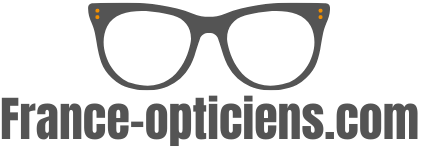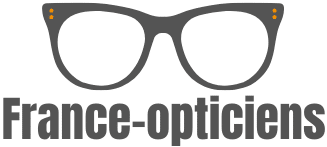
The French overwhelmingly in favor of strengthening visual prevention!
Since 2005, AsnaV * has been asking French people about the behaviors they adopt on a daily basis to preserve their visual health. In May 2017, a question specifically targeted their wishes in terms of prevention in order to challenge the future President. Today, AsnaV is joining them in their desire to see concrete measures implemented to give everyone the right to see well throughout their lives.
83% of French people say they are in favor of compulsory visual screening before the age of 3, while 94% want it to be reinforced within the framework of school. Children are precisely at the heart of the government’s national health strategy, which must put preventive actions in place in early 2018. But what are the facts? Today, 25% of schoolchildren have a visual disturbance, half of which does not benefit from an optical correction. That is to say about 500,000 children, from CP to CM 2, who have a deceptive vision which risks delaying or endangering their schooling.
In another area, 88% of the French are in favor of the introduction of vision control when passing a driving license and at key ages for 87% . This subject of drivers’ eyesight has been a priority for AsnaV since 1962, the date of its slogan “At the wheel, sight is life”. Since then, AsnaV has developed numerous actions focused on eye tests carried out on tens of thousands of people which have made it possible to collect an unstoppable statistic: 8 million drivershave at least one uncorrected or poorly corrected vision disorder. However, this impressive figure is not taken into account by the State because we lack scientific studies establishing the correlation with accidentology, unlike other causes (speed, alcohol, narcotics …).
Another daily theme to which the French are attentive: 87% ask for increased visual screening in companies. Visual discomfort at work is a real topic. Who doesn’t spend most of their time in front of a screen? And for some trades, it may be the endangering of the employee. The question also arises in economic terms; in 2009, a WHO study estimated the loss of productivity caused by poor vision at 6 million euros per day.
To see well at school , to see well at work , to see well on the road , in short, to see well in order to live well , such is the legitimate ambition that must be cherished by a state concerned with the well-being of its fellow citizens, especially when it can lean on a professional network remarkable for the diversity of its skills (doctors, researchers, health professionals, engineers, technicians, specialized workers, … etc …). At a time when important players in prevention, such as school doctors or occupational health doctors, see their numbers and their resources being reduced day after day, it is time to resort to those who analyze every day, understand and meet the visual needs of the French.

